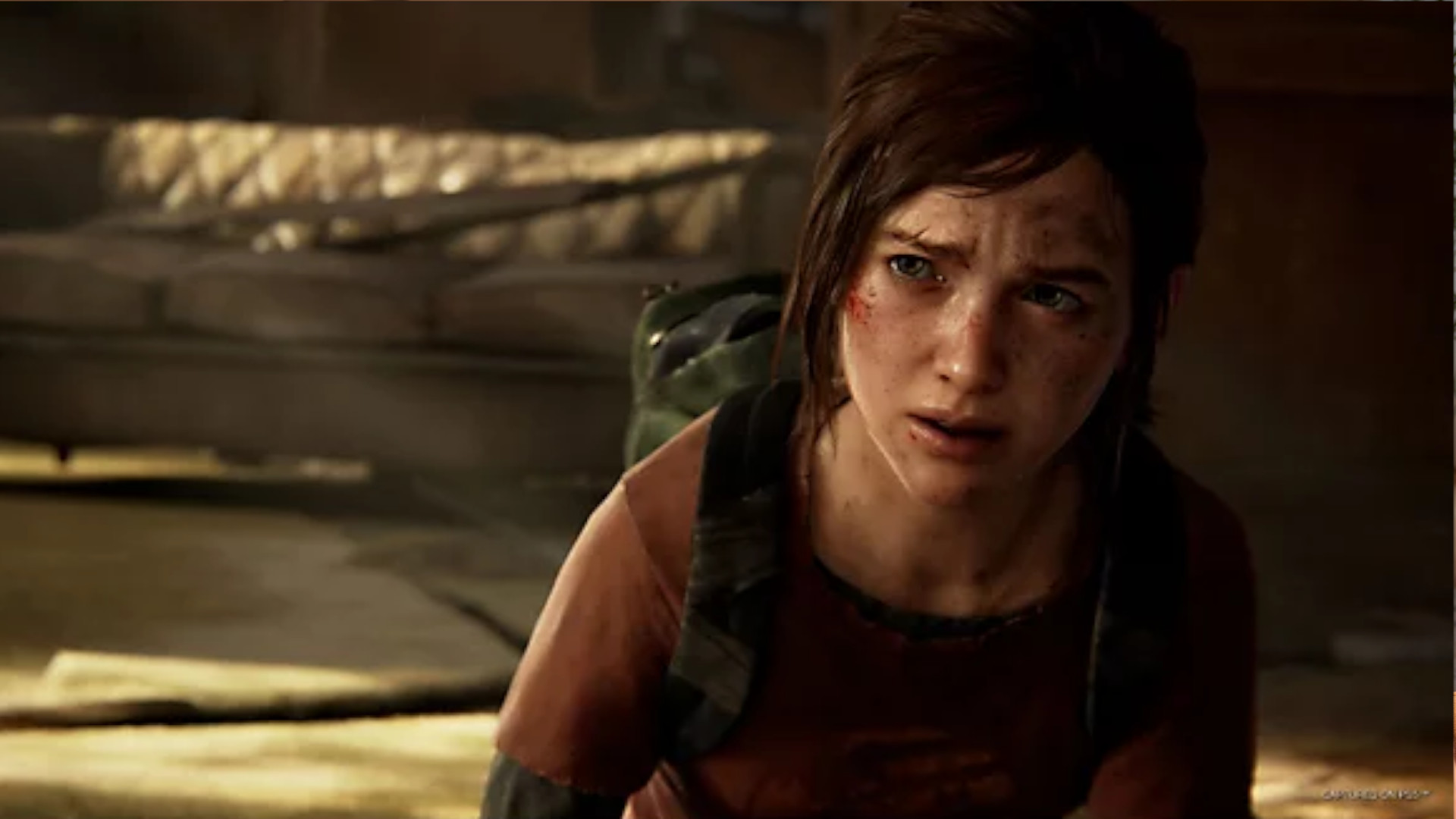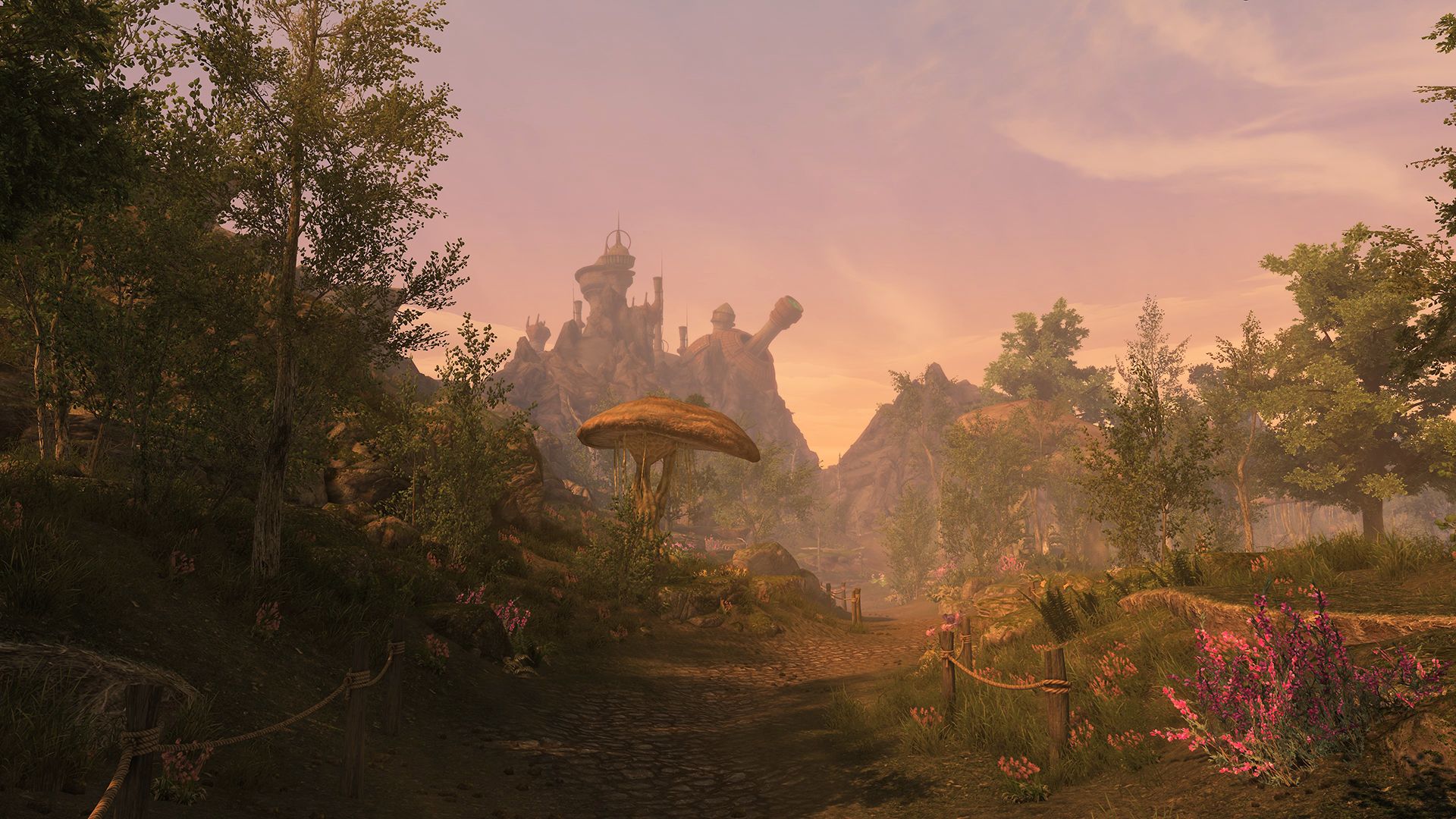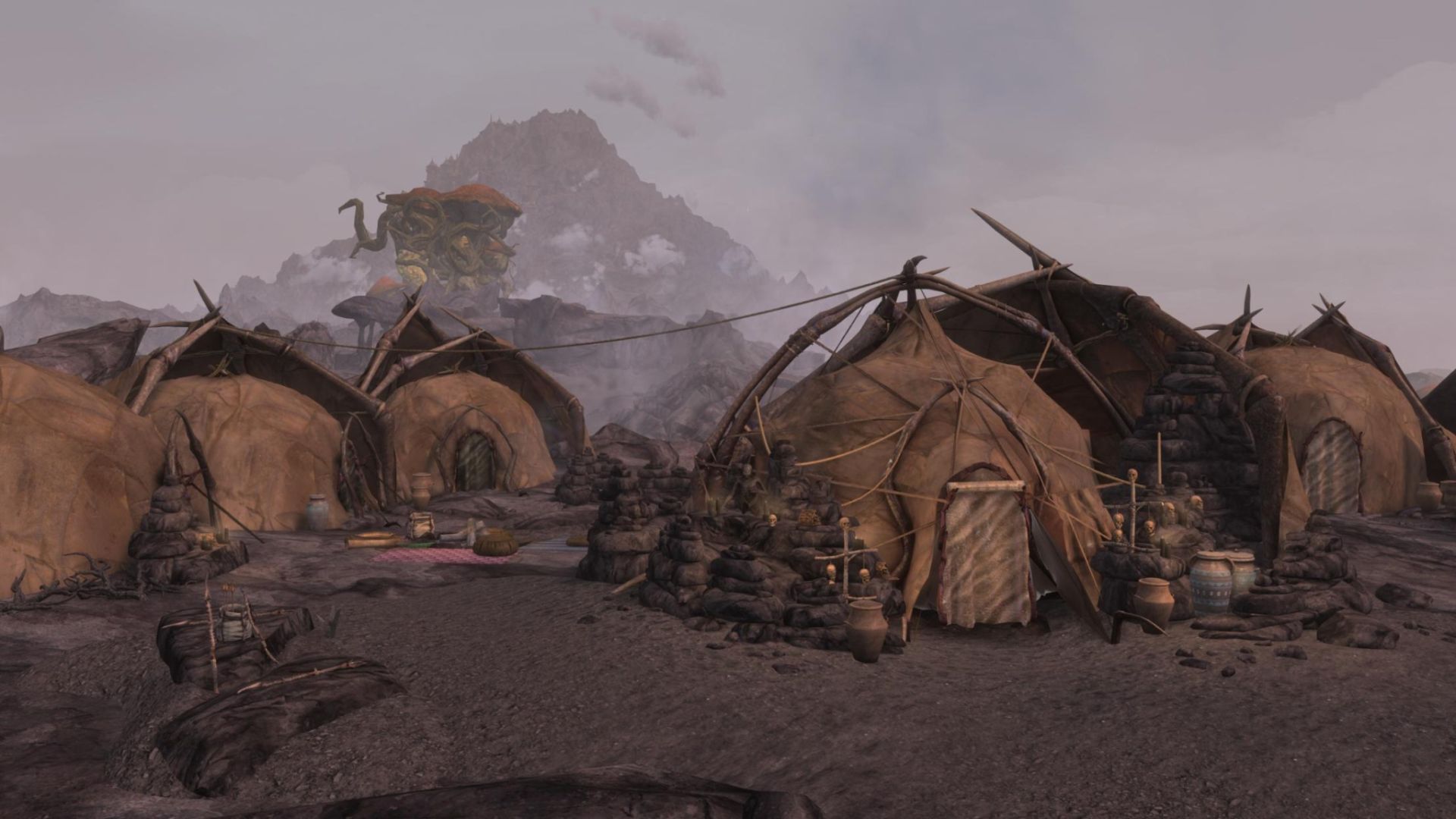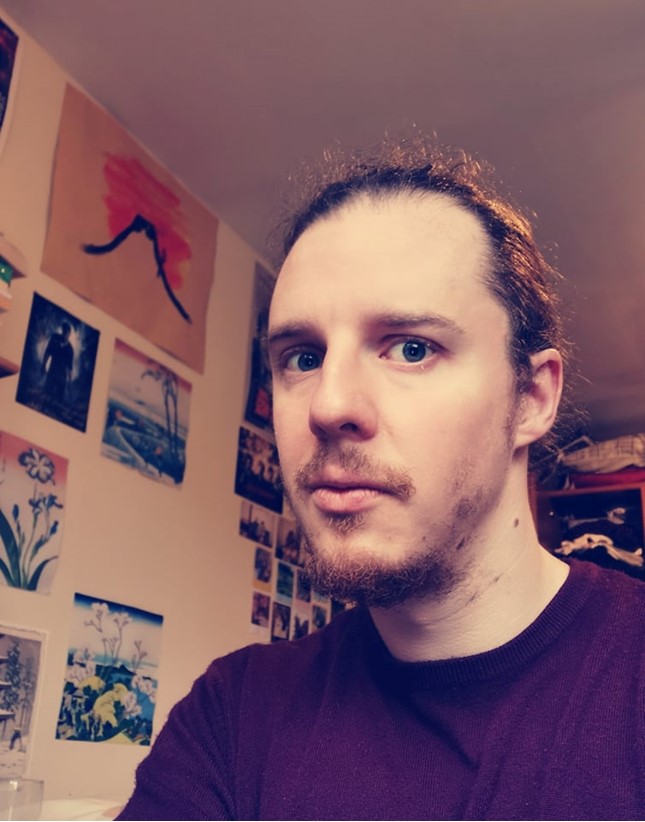Forget The Last of Us Part 1 – if you want a remake done right, leave it to the modders
Extra life

They are ubiquitous. From Demon’s Souls to Crash Bandicoot, to pretty much every game in the Resident Evil franchise, we are surrounded by video game ‘remakes’. I use inverted commas because the term rarely means the same thing twice.
The Last of Us Part 1 is more of a remaster. And the new Final Fantasy VII Remake games manage to be both sequels and reboots. Google gives us a useful definition: to “make (something) again or differently”. In the end, it’s the differences, however great or small, that are the raison d’etre of the remake; after all, to make a game again exactly the same, frame by frame, pixel by pixel, would be a strange venture indeed.
There are plenty of cynics out there who will claim that the primary purpose of remakes is to make money. However, I reached out to creators in the remake business who definitely aren’t in it to demand $70 for a game you’ve already played. They're the ones who began as fans, rather than copyright holders.
“Even though I played it after Skyrim, the storytelling of Morrowind absolutely captivated me,” says Kylie, one of the writers for Skywind, a remake of The Elder Scrolls 3: Morrowind in the Skyrim engine. “There was this dichotomy – the story of the outlander and the story of Nerevar. They’re happening simultaneously, woven into each other.” It’s clear from the start of our chat that the team behind Skywind love the source material.
“We think of Skywind as Morrowind in a current design context,” says Matt, another writer. “For example, we are doing voice acting for everything. Morrowind was written in an era when you didn’t have to worry about that. The NPCs give exposition dumps that don’t make sense; they’re not how a person would speak to you. So we’ve broken up the dialogue to make that feel more natural.” Context, then, is one of the important ‘differences’ a remake can tackle – bringing a game in line with the expectations of a new era.
Memory drain

One of the issues that worries me about remakes is the possibility of older titles being permanently replaced. Neil Druckmann has said of The Last of Us Part 1 that it’s the vision Naughty Dog had back in 2013 – but one the developer is only able to bring to fruition with today’s technology. If this is the case, I suspect it will keep happening. Perhaps, in 2030, The Last of Us will be remade (or remastered) again, replacing this year’s version, and eventually, we’ll have no memory of that flawed but beautiful PS3 game of 2013.
In 2030, The Last of Us will be remade (or remastered) again, replacing this year’s version, and eventually, we’ll have no memory of that flawed but beautiful PS3 game of 2013
The Skywind team, by contrast, doesn’t necessarily intend its project to replace the original Elder Scrolls 3. “Morrowind is an incredible game, and if we weren’t massive fans of it then we wouldn’t be spending our free time remaking it,” says community manager Egrets. “Once Skywind is out, there will then be two games that tell the story of Morrowind. Skywind is a retelling of Morrowind, but it doesn’t replace it.”
Get daily insight, inspiration and deals in your inbox
Sign up for breaking news, reviews, opinion, top tech deals, and more.
Like Peter Jackson’s Lord of the Rings trilogy, Skywind is simply a new reading of a classic story by someone who loves the source material. “It’s my hope that Skywind will lead more people to go back and play the original game,” says Kylie. “That it’s an old game makes it challenging, but look at Elden Ring, the Souls games – more and more people are looking for a challenge.”

One of the biggest fan remakes on the market is Black Mesa, an unofficial rebuild of the original Half-Life using Source, the engine designed for Half-Life 2. It’s been a success story, with the folk at Valve among its fans. “Black Mesa is a love letter,” says Ben Truman, a designer at Crowbar Collective who has worked on the game for 17 years. “I’m fairly certain that everyone who worked on it considers Half-Life one of the greatest games of all time.”
Ben found out about the project while enrolled in the Video Game Art & Design program at The Art Institute of Pittsburgh – a course he was studying primarily due to his love of Half-Life. “I quickly learned there were a handful of students with similar origin stories,” he says. “We all became collaborators on the project at some point, along with a very talented and passionate international team of developers.”
I love to hear that Black Mesa has been someone’s on-ramp into the world of Half-Life
Ben Truman, designer
Like Skywind’s developers, Truman is keen that Black Mesa become a gateway game to the Half-Life series as a whole. “I would encourage any video game fan to try the original,” he says. “Black Mesa was never intended to replace it. We wanted to reimagine Half-Life with all of the new, groundbreaking features that the Source engine had to offer at the time. I love to hear that Black Mesa has been someone’s on-ramp into the world of Half-Life.”
Tomorrow wind

Perhaps this is the model we could follow for non-cynical remakes in the future: love letters, written with the intention of drawing more eyes back to a work of art. Morrowind and Half-Life are old games that might not appeal to everyone, but these new homages, that play like modern games, will hopefully ignite a flame in younger gamers – a desire to go back to find out where we’ve come from.
One of my favorite fan-made remakes is DRL – Doom, the Roguelike. It's nothing like what the mainstream would perceive as a Doom remake; the graphics aren't triple-A, or even current gen. But this is precisely why it's so creative. Built by an indie team on a budget, it’s no improvement or replacement, but a tribute. A new perspective on a game that cannot be replaced.
The team at Skywind are looking for volunteers. So if you’re a developer or writer, or even a voice actor who loves The Elder Scrolls, give them a shout!
Ben is a freelance writer based in sunny North Wales. He has written for The Gamer, WhatCulture, and the mental health charity Safe in our World. When he’s not writing, he can be found playing PS2 games that he missed 20 years ago.
